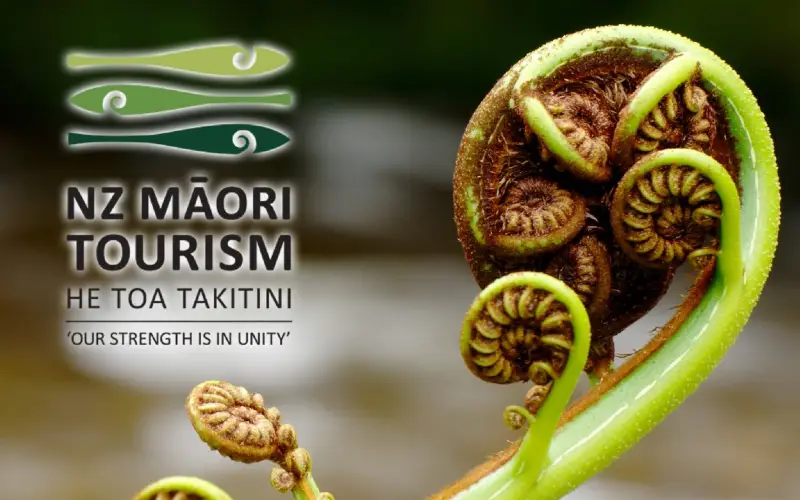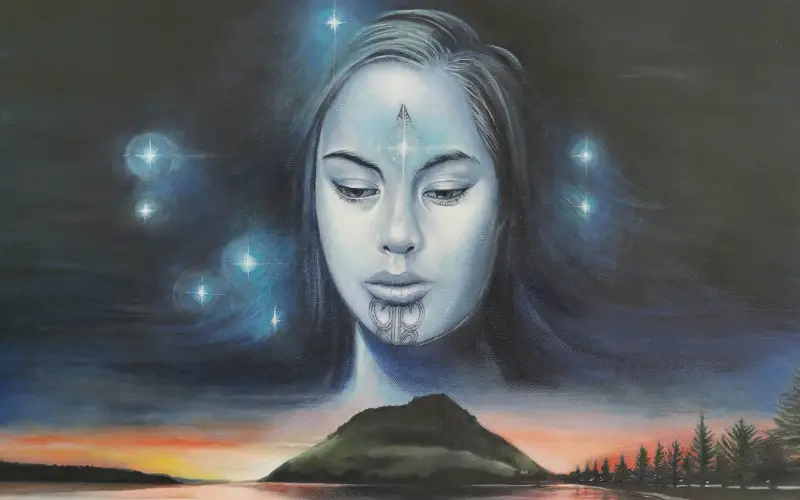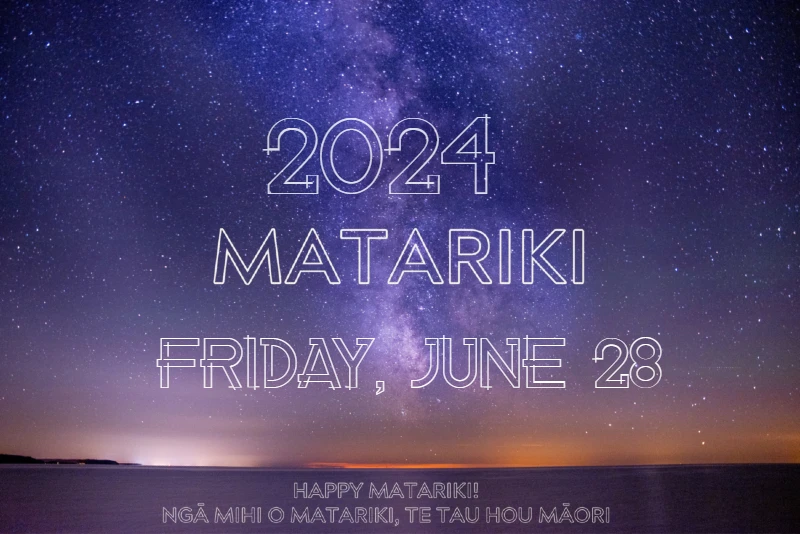Matariki is a significant event in Māori culture, celebrated annually in New Zealand during the winter months. The celebration of Matariki has gained increasing popularity in recent years, with a growing interest in Māori culture and tourism in New Zealand. This paper will explore the potential of Matariki to enhance Māori tourism in New Zealand, and the challenges that need to be addressed to ensure its success.
Matariki and its significance in Māori culture
In Māori culture, Matariki has been observed for centuries as a time for reflection, renewal and reconnection. Traditionally, Māori would look to the stars to determine the quality of the coming year, based on the brightness and position of the stars within the cluster. For instance, if the stars appeared particularly bright, it was believed that the coming year would be abundant and prosperous, while if they were dim, it was a sign of difficult times ahead. This traditional practice of observing the stars as a means of predicting future events has been passed down through generations, and is still practiced today.
Concept of Whakapapa
Matariki is also associated with the concept of whakapapa, which refers to genealogy and the interconnectedness of all things. In Māori culture, the stars are seen as ancestors who guide and protect the living. As such, the Matariki festival is an opportunity to connect with ancestors, both past and present, and to reflect on the importance of whakapapa in Māori culture.
Matariki in Māori Culture
The significance of Matariki in Māori culture has been recognized by the New Zealand government, which declared it a public holiday in 2022. The move was widely welcomed by Māori communities and cultural groups, who saw it as a step towards greater recognition and appreciation of Māori culture in New Zealand.
Matariki Celebrations
Moreover, the revival of Matariki celebrations has become an integral part of Māori tourism in New Zealand. Many tourism operators now offer Matariki-themed tours and experiences, which allow visitors to learn more about the significance of the stars in Māori culture and participate in traditional Matariki activities. These may include Mahinga Kai: Seasonal Food Gathering & Feasting, waiata (song) and haka (dance) performances, storytelling, and stargazing.
Māori Language
The celebration of Matariki has also become an important means of preserving and promoting Māori language and culture. Many Māori language immersion schools now include Matariki in their curriculum, and the festival is increasingly being integrated into mainstream education in New Zealand. As a result, Matariki has become a key part of New Zealand’s cultural identity, representing the unique and rich heritage of the country’s indigenous people.
Matariki is an Important Part of Māori Culture
In conclusion, Matariki is an important part of Māori culture, representing a time of reflection, renewal and reconnection. Its significance has been recognized by the New Zealand government and the tourism industry, and it has become an integral part of the country’s cultural identity. Through the celebration of Matariki, Māori language and culture are being preserved and promoted, ensuring that this important part of New Zealand’s heritage will continue to be passed down through generations.
The Potential of Matariki in Māori Tourism
Matariki can be a significant drawcard for visitors to New Zealand, particularly those interested in indigenous cultures and their connections to the natural world. By incorporating Matariki into tourism activities, Māori tourism can differentiate itself from other forms of tourism and provide a unique experience for visitors. Matariki can be a catalyst for the development of new tourism products and services that are grounded in Māori culture and values.
New Zealand Tourism Industry
Matariki can also help to increase the visibility and recognition of Māori culture within the broader New Zealand tourism industry. This can lead to greater understanding and appreciation of Māori culture and the role it plays in the identity of New Zealand as a nation. Māori tourism operators can use Matariki to promote their businesses and engage with visitors, helping to raise awareness of the important contributions of Māori to New Zealand’s cultural landscape.
Māori Communities
Moreover, Matariki can also provide opportunities for Māori communities to benefit from tourism in a sustainable and culturally appropriate manner. This can include the development of community-led tourism initiatives that promote the sharing of Māori culture with visitors, while also providing economic benefits to the community. For example, Whanganui Puanga Kai Festival and events can provide opportunities for Māori communities to showcase their cultural traditions, generate income from tourism activities, and build relationships with visitors.
Māori Tourism in New Zealand
In conclusion, Matariki has the potential to play a significant role in the development and growth of Māori tourism in New Zealand. By incorporating Matariki into tourism activities and initiatives, Māori tourism can provide visitors with a unique and authentic cultural experience, while also promoting a deeper understanding and appreciation of Māori culture. Additionally, Matariki can provide economic and social benefits to Māori communities, helping to build stronger relationships between Māori and non-Māori communities, and supporting the ongoing preservation and celebration of Māori culture.
Challenges in Promoting Matariki in Māori Tourism
While there are significant benefits to promoting Matariki in Māori tourism, there are also challenges that need to be addressed. One of the main challenges is the need for appropriate infrastructure and resources to support Māori tourism. This includes investment in Māori-owned businesses, infrastructure such as accommodation and transport, and the development of cultural tourism experiences. There is also a need for education and training of tourism operators to ensure they have a deep understanding of Māori culture and can provide authentic and respectful experiences for visitors.
Another challenge is the need to balance the commercialization of Matariki with its cultural significance. Matariki is a significant cultural event for Māori, and there is a risk that its commercialization could lead to a loss of its cultural value. It is important to ensure that Māori communities are involved in the development of Matariki tourism, and that any commercialization is respectful of their cultural values and traditions.
Matariki in Māori Tourism
Matariki has the potential to enhance Māori tourism in New Zealand, providing an opportunity for visitors to learn about and experience Māori culture first-hand, and for Māori businesses and communities to showcase their products, services, and stories. However, to ensure its success, there is a need for appropriate infrastructure and resources, education and training of tourism operators, and a balance between commercialization and cultural significance. With the right support, Matariki can play an important role in the future of Māori tourism in New Zealand.




